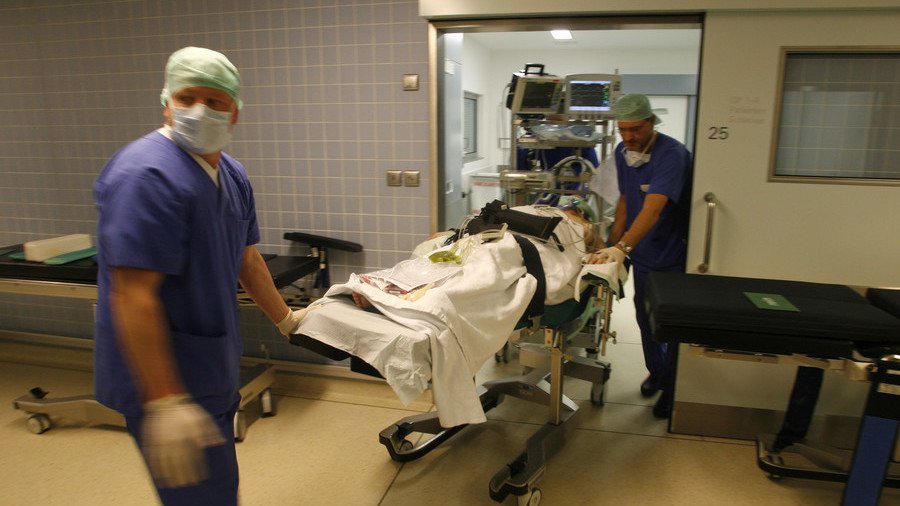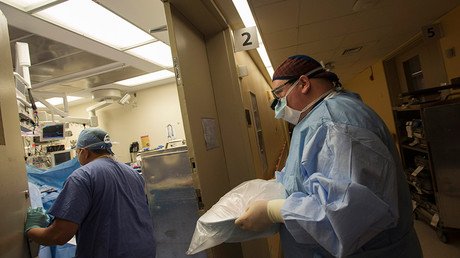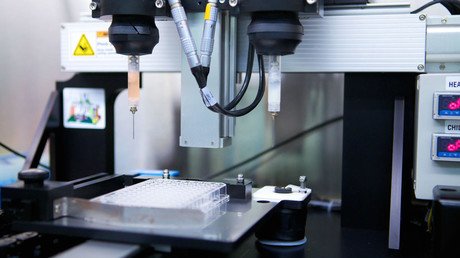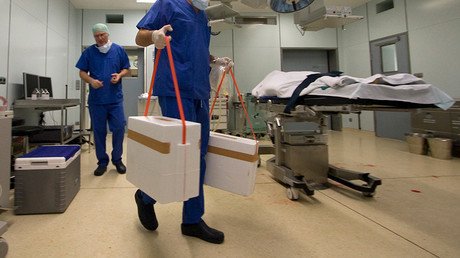All Dutch citizens to become organ donors unless they choose not to under new law

Dutch citizens will soon be receiving letters asking them whether they want to be put on an organ donation list. Those who fail to reply twice will automatically be added, as the Netherlands passes a new donor law.
On Tuesday, the Dutch Senate voted on a law that will make all citizens over the age of 18 potential organ donors unless they explicitly state their dissent. The new legislation narrowly passed in the parliament’s upper house with a 38-36 vote. The bill was already given the green light with a one-vote majority more than a year ago in the House of Representatives.
Met 38 stemmen voor en 36 stemmen tegen is het wetsvoorstel van @piadijkstra aangenomen in de Eerste Kamer #donorwethttps://t.co/fjVy350JNUpic.twitter.com/DHswmyS16y
— Eerste Kamer (@EersteKamer) 13 февраля 2018 г.
Known as the Active Donor Registration (ADR), the new system will come into effect in the summer of 2020, at which point Dutch residents will be required to submit their will. Those not yet registered as donors will receive a letter inviting them to choose between four options: yes, no, my next of kin will decide, or will a specific person. In case of no answer, the second letter will come in six weeks. If a person does not respond to the second letter, it will be considered as “no objection” to adding to the donor register.
Even if a person gives consent, their relatives will still have the final say whether they agree with the wish of the deceased. The bill drafter, Pia Dijkstra from the liberal Democrats 66 (D66) party, included the provision to convince the Senate to pass the law.
The respondents will also be able to change their answer at any time, as often as they would like, and decide whether they want to donate all organs or not.
According to Dijkstra, the new law will encourage people to make a conscious choice, relieving their families from making a difficult decision at a time of grief. Some 60 percent of the Dutch population has not registered yet, potentially placing a burden on the relatives, who often refuse the donation.
The Dutch Kidney Foundation hailed the vote, calling it “a breakthrough for patients on waiting lists.” Thanks to the law, “hundreds of patients will get back their lives and freedom,” the foundation’s director, Tom Oostrom, said.
Like this story? Share it with a friend!















